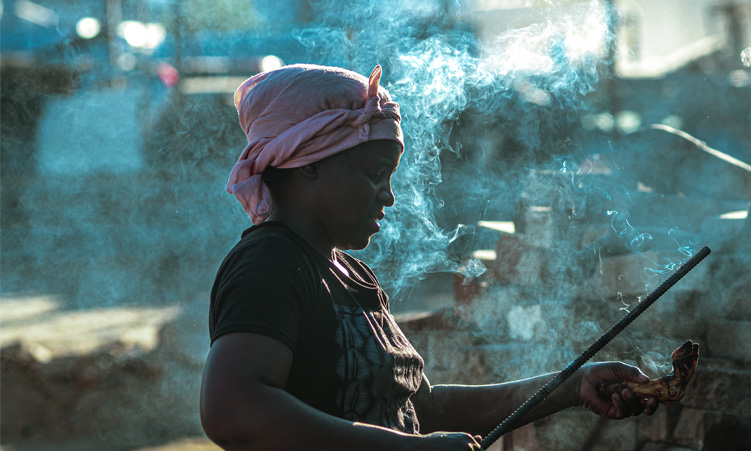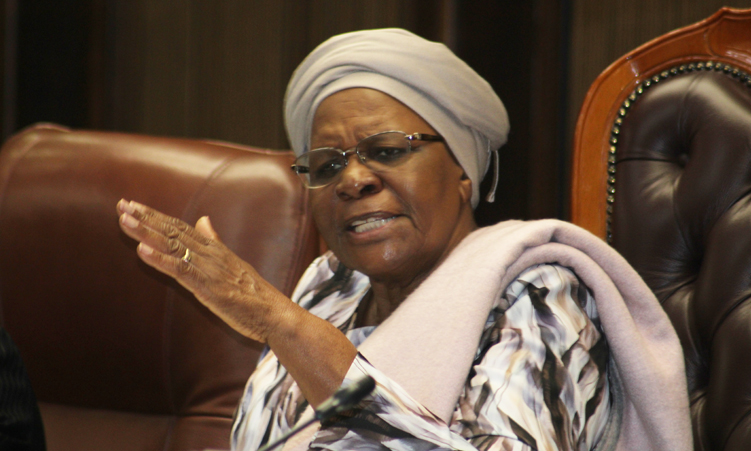The Namibian economy may shrink, because the Namibia dollar is fixed to the rand.
If South Africa’s currency weakens, it can hurt Namibia’s economy too.
This is according Africa Upstream director Justin Cochrane.
He said due to power supply issues in South Africa, the rand will decline against the United States (US) dollar.
“We see the South African rand weakening over time against the US dollar.
There are concerns the weakness of the rand could outweigh gross domestic product (GDP) growth,” said Cochrane during the ongoing Namibia International Energy Conference in Windhoek yesterday.
Real GDP shows how much an economy has grown by considering price changes, while nominal GDP is the total market value of all final goods and services produced in a country over a year.
He said as a way to deal with challenges in the oil and gas sector, companies have changed spending patterns.
“The way money is being spent in the industry is having a profound impact on exploration efforts.”
According to Cochrane, investor priorities have shifted towards the long-term value of traditional oil and gas companies.
“Investors are increasingly focused on the terminal value of these companies.
This has prompted larger companies to prioritise investor returns through dividends and stock buy-backs,” said Cochrane.

He further said as a result, exploration budgets have been eroded, leading to changes in strategy among major players.
“We’ve seen some big companies exit frontier exploration. They’re drilling fewer wells, making fewer discoveries and there’s less competition for new exploration sites.”
He added that the reduction in competition has strengthened the negotiation position of the remaining explorers.
“Exploration companies still in the game now have a much stronger hand in negotiating improved fiscal terms with governments,” said Cochrane.
Speaking on the need for investment in the oil and gas sector, Capricorn group chief executive David Nuyoma said due to the amount needed, there needs to be collaboration.
“The sector is large, therefore, we have to look at working together in order to garner the amount of investment that is going to be needed to build this sector,” said Nuyoma.
Namibia Petroleum Operators Association chairman Klaus Endresen warned against making plans for an industry that appears to be unclear.
“It is very likely that the oil that has been found is commercial, however, right now exploration is still ongoing.
We have to wait for the companies to declare it,” said Endresen.
He said real planning can only begin once these declarations have been made.
However, Namibia Investment Promotion and Development Board chief executive Nangula Uaandja said it is better to be prepared for when production starts.
She added that though there has been commercial oil discovered, the question is whether it is commercially viable.
Stay informed with The Namibian – your source for credible journalism. Get in-depth reporting and opinions for
only N$85 a month. Invest in journalism, invest in democracy –
Subscribe Now!










